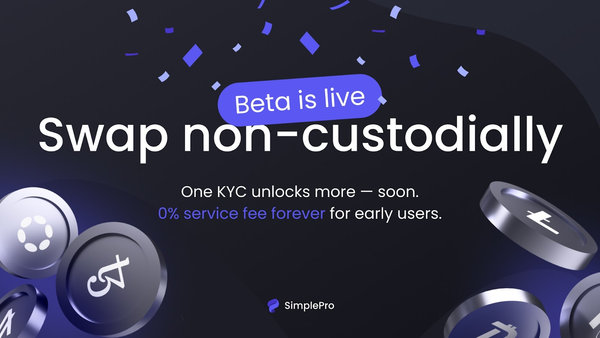K9 Finance Offers Five Ether Bounty After Freezing Stolen Tokens From Shibarium Attack

K9 Finance DAO offered a 5 Ether bounty to the perpetrator of Friday's Shibarium exploit after first freezing approximately $700,000 in stolen KNINE tokens. According to The Shib Daily, the offer was delivered directly to the attacker's wallet through an onchain message. The bounty expires in 30 days and will decrease in value after one week.
The incident formed part of a larger attack on Shibarium's bridge infrastructure. An attacker used a flash loan to acquire 4.6 million BONE tokens, temporarily gaining majority control of the network's validators. This allowed them to authorize a malicious transfer that drained approximately 224.57 ETH and 92.6 billion SHIB tokens from the bridge contract. The total value of assets stolen across the broader attack reached $2.4 million.
K9 Finance took immediate action by blacklisting the attacker's wallet address, making the stolen KNINE tokens untradeable. Buzz, the project's pseudonymous lead developer, confirmed the strategy worked as intended. The attacker cannot sell or transfer these tokens, making the bounty their only path to profit.
Why This Response Matters
The K9 Finance approach represents a calculated risk management strategy in DeFi security incidents. Rather than relying solely on law enforcement or hoping for voluntary fund returns, the project created immediate financial incentives for cooperation. This tactical response protects remaining assets while offering attackers a structured exit that avoids prolonged legal battles.
The timing proves essential for limiting damage. According to The Block, the broader Shibarium attack was described as sophisticated and likely planned for months. By acting swiftly to freeze assets before offering negotiations, K9 Finance prevented the attacker from liquidating stolen tokens through normal market channels.
This incident affects thousands of users across the Shibarium ecosystem. The attack occurred during a period when Shibarium was already facing scrutiny following a 99% value drop in August 2025. The successful mitigation of further losses through asset freezing provides a model for other DeFi projects facing similar threats.
Industry Implications For DeFi Security
The bounty offer reflects a growing trend in DeFi incident response. DL News reported that GMX offered a 10% white-hat bounty worth $4.2 million following its July 2025 exploit. These negotiated settlements increasingly serve as alternatives to traditional law enforcement approaches in the decentralized space.
Cross-chain bridge exploits continue to dominate DeFi security risks. According to OKX, cross-chain bridges have been repeatedly targeted due to their complex architecture and high-value asset pools. The Shibarium incident adds to a growing list of bridge exploits that have cost the DeFi ecosystem billions in losses during 2025.
The flash loan attack method used against Shibarium represents an evolution in exploit sophistication. Attackers borrowed governance tokens to temporarily gain validator control, executed malicious transfers, then repaid loans using stolen funds. This approach bypasses traditional security measures that focus on preventing unauthorized access rather than temporary legitimate control.
The incident raises questions about validator security models across proof-of-stake networks. When governance tokens can be borrowed to influence network decisions, the line between legitimate governance and exploitation becomes dangerously thin. This vulnerability affects multiple blockchain networks beyond Shibarium.
Further Reading
For those interested in decentralized governance and DAO security frameworks, our comprehensive DAO tooling guide provides detailed analysis of over 100 platforms and tools used in decentralized governance. The guide covers security best practices and risk management strategies essential for modern DeFi projects.





